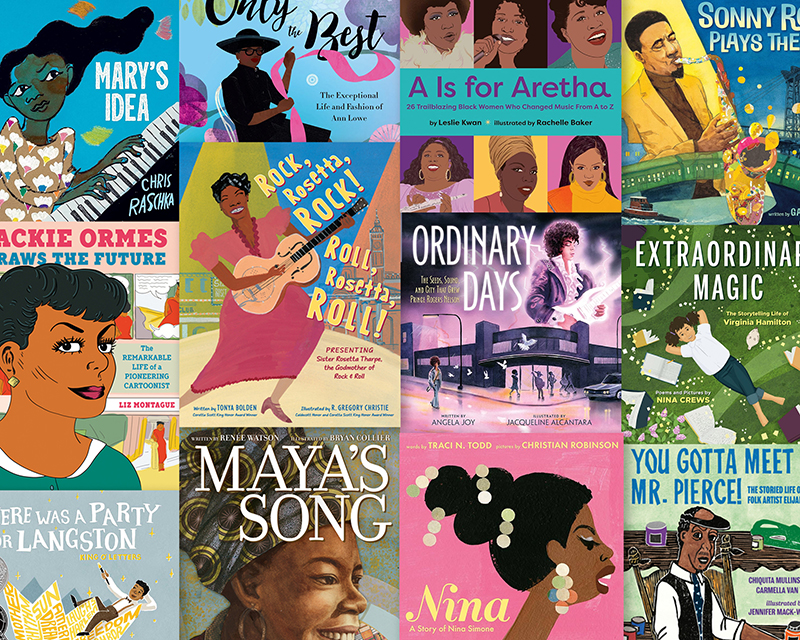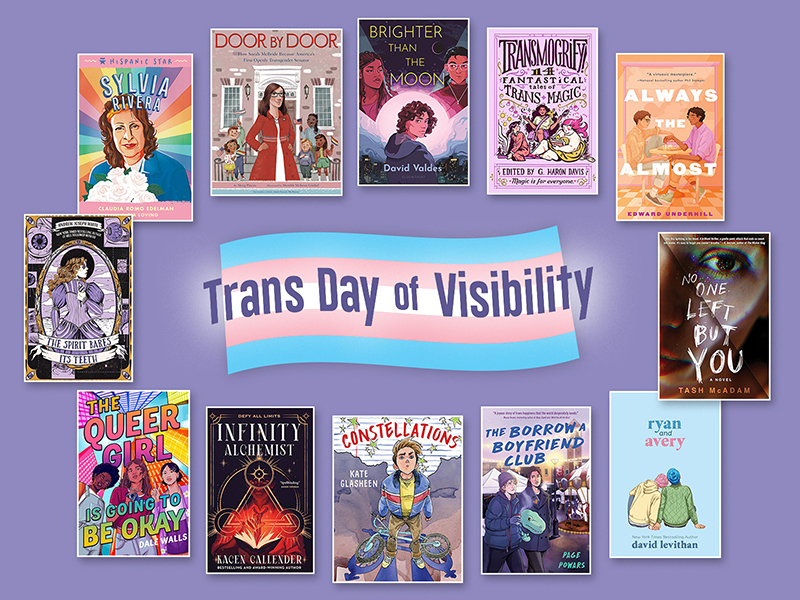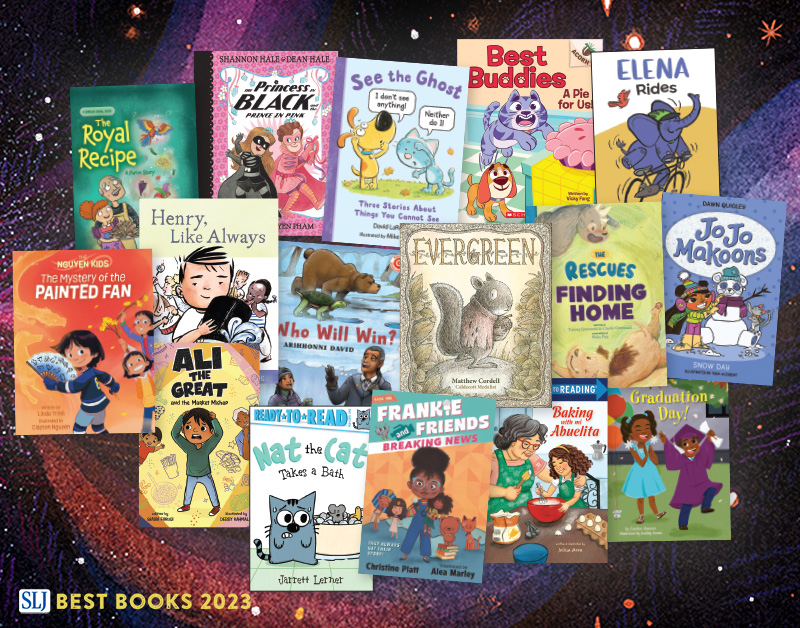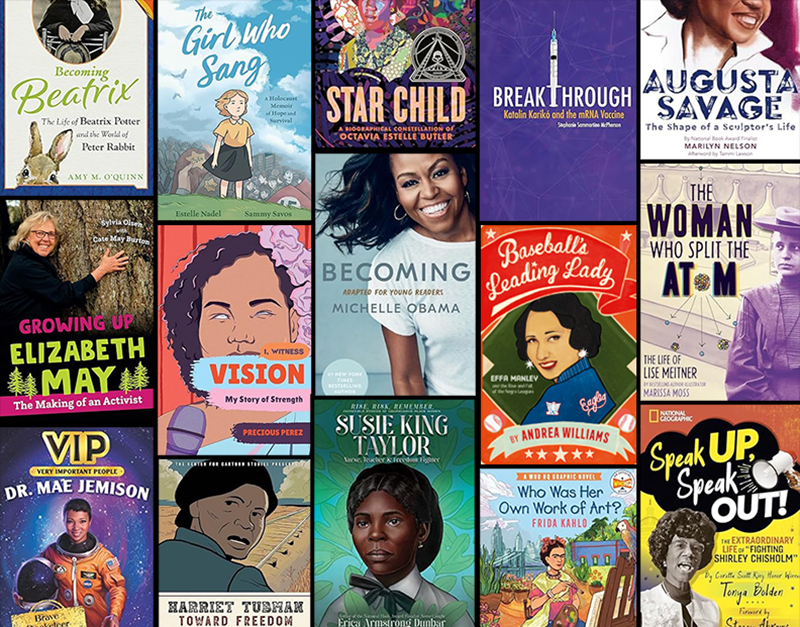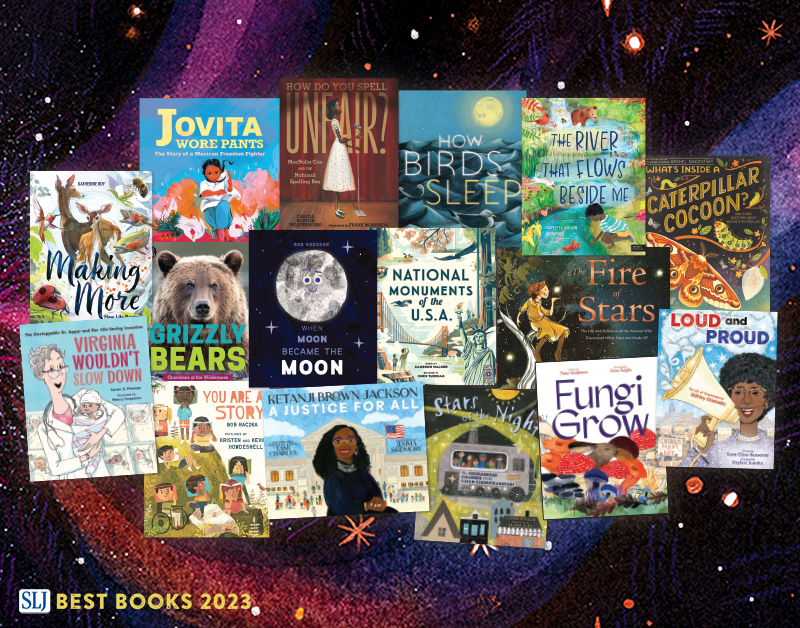Review of the Day: Three Strike Summer by Skyler Schrempp
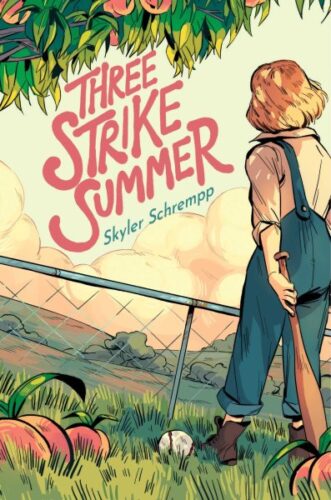
Three Strike Summer
By Skyler Schrempp
McElderry Books (an imprint of Simon & Schuster)
$17.99
ISBN: 9781534499140
Ages 9-12
On shelves now
The gutsy girl is a conundrum in children’s books. She seems so easy to conjure up. Writing a bit of historical fiction? Surely all you have to do is just give your heroine some feisty comebacks and historically accurate inequities and the audience will be on her/your side, right? It’s not so simple. There’s a book for adults I love called How I Became a Famous Novelist by Steve Hely that is a biting takedown of the adult bestsellers. It pauses, however, at one point to eviscerate precisely the kind of book I’m talking about here today. At one point the main character’s aunt is writing a historical novel about a girl in Revolutionary Era American who wants to become a cooper (a barrel maker). I cringed with delight at the familiar tropes Hely was able to conjure. They were painful and true. There are thousands of awful books in which “girl power” has been shoehorned into a specific moment in history. They don’t feel historical after that happens. They feel like they contain contemporary characters in a historical reenactment. Now connect all that to what Skyler Schrempp is doing with her middle grade novel Three Strike Summer:. Headstrong girl? Check. Rubbing up against the prejudices and sexism of the time? Check. Contains a storyline with familiar tropes? . . . No check. No, Ms. Schrempp isn’t one of those authors that phones in her history. Her writing has bite. Her characters erupt from their era, rather than feeling like they were dropped in. And her heroine? Character development and a hero’s journey go hand in hand with this stunning tale.
The day that Gloria “Glo” Mae Willard throws a stone through a bank man’s car window (a mean fastball) is the day she and her family leave their home in Oklahoma. The Dust Bowl is in full swing and Glo is determined to someday actually get to play on a real baseball team like she’s always dreamed. They’re headed to California, a land of sun and fruit trees that need picking. But living in the Santa Ana Holdsten Peach Orchard isn’t one grand sweet song. The guys who run it want everyone to buy everything from the company store and any hint of organizing at all meets with swift and pure fury. At first Glo doesn’t care. All she wants is to join the local boys in their baseball game against the Michelson’s Apricot Grove boys. But the longer she and her sister spend in the peach grove, the more they realize that there’s something rotten at the heart of this orchard, and it has nothing to do with the fruit. Will Glo be able to convince the boys to let her play? And even if she does, will she be around long enough to win a game? Things are heating up, and it turns out that Glo, for all her faults, is a force to be reckoned with.
ADVERTISEMENT
ADVERTISEMENT
One of the descriptions I saw of this book labeled it “ The Sandlot meets Esperanza Rising.” Doggone it, that’s better than what I came up with. When I try describing it to folks, I usually end up saying something along the lines of “It’s Grapes of Wrath meets The Great Escape meets The Natural.” Too wordy. The Sandlot and Esperanza Rising? Accurate and succinct and not too far off. You’ve got the humor and sports of The Sandlot. You’ve the union organizing of Esperanza Rising. But getting either of those elements right requires quite a lot of work. So let’s break down each element.
A relatively recent middle grade novel which shall remain nameless at this time (buy me a drink and I’ll spill all) set in Cuba attempted to work union organizing into its plot. Alas, the book made the mistake of many of a fine novel of making it seem like (A) union organizing is super duper simple and easy and (B) bosses tend to be just one big bad main boss who will usually crumple in the face of any organized resistance. I think we need only look to the tactics of Amazon today to know that these lies to our children aren’t helping anyone. So what to do? If you want to write a book in which organizing is key, but you want to be honest with kids about the fact that there are times that it seemingly leads nowhere, how do you balance harsh reality with hope? Schrempp’s solution in this book is marvelous. At no point did I feel she strained against the tender strands of my (or a skeptical 11-year-old’s) credulity. She manages a marvelous tightrope walk between honesty and a (relatively) happy ending. By the end of this book, Glo doesn’t have that Hollywood happy ending she might have wanted, but she sure feels like she won in some way. Anyone with an appreciation of children’s literature will walk away impressed.
Now every year the library workers in my library attempt to come up with 101 Great Books for Kids published in the current year. All year we pass around and read different books for children. Some will have received stars from professional review journals. Some will be complete surprises. All are noteworthy, but very few involve sports. Turns out, we all have our blind spots. When I worked for New York Public Library I was on a similar committee and year after year I couldn’t get anyone to read the horsey books. These days, sports books are the titles I have to beg others to consider. Depending on the output from publishers, it can occasionally feel like pulling teeth, getting a grown person to read a book they just don’t wanna. Three Strike Summer? The pun in the name is the name of the game. This here’s a baseball book, loud and proud. You’re fairly sure of the fact when, in Chapter One, Glo uses her golden pitching arm to nail a rock through that car window of the bank man repossessing their house. But the sports hardly end there, and as the title went on I was reminded of the fact that baseball, more than any other sport, is made for narrative. I don’t know it for a fact, but suspect a person wholly unaware of the rules of the game would still get swept up in Schrempp’s storytelling.
And I was never bored. That’s saying something when you’re discussing a historical novel where the heroine is picking fruit half the time, but I never found myself bored while reading this novel. You can chalk that up to any number of things, but for me it was Schrempp’s writing. She’s got a golden pen, putting together thoughts and feelings and sentences that’ll just take your breath away. Considering how much happens in this book, you wouldn’t blame her a jot if she gave all the interior complexity and development to the kids and left the adults out of it. But even though Glo’s ma and pa are left on the periphery of Glo’s own story, they too get their moments to shine. For me, one of the best parts of the book was an almost off-handed comment from Glo’s ma late in the story. At the beginning of the book Glo is furious and baffled by her mother’s willingness to just pick up and leave the family farm without so much as a blink. When at last Glo is able to ask her about it, almost at the end of the book, her ma says honestly, “Aw, Gloria… You couldn’t have paid me a million dollars to keep on living in a house that my baby died in.” Glo’s little brother died, probably because of the Dust Bowl, in that home. It’s so simple and so human and so understandable. Plus, I love children’s books where kids get this sudden clarifying instant where they can see everything adults have to go through and try to hide.
I listened to the audiobook of Three Strike Summer which had the double benefit of being exceedingly well penned and performed with aplomb . . . by the author. Turns out, if your writer also happens to have a degree from the School at Steppenwolf, you may end up with a better narrator than some random audiobook actress. Now I listen to a LOT of audiobooks of children’s literature in a given day. I know a good one when I hear one. And Skyler Schrempp is an exceptional reader. But even the world’s best reader can’t make a bad book good. It’s just a simple coincidence that Ms. Schrempp just happens to simultaneously talented at reading as well as writing. Little wonder that “Three Strike Summer” delivers on all counts. It’s the sports book/ escape narrative / union organizing novel you wish every kid had the chance to read. Starts bleak. Ends triumphant. Never cheats on either count. It’s raw and honest and funny and exciting. In short, the perfect novel to draw kids in and keep them enthralled.
On shelves now.
Source: Galley sent from publisher for review.
Filed under: Best Books, Best Books of 2022, Reviews, Reviews 2022
About Betsy Bird
Betsy Bird is currently the Collection Development Manager of the Evanston Public Library system and a former Materials Specialist for New York Public Library. She has served on Newbery, written for Horn Book, and has done other lovely little things that she'd love to tell you about but that she's sure you'd find more interesting to hear of in person. Her opinions are her own and do not reflect those of EPL, SLJ, or any of the other acronyms you might be able to name. Follow her on Twitter: @fuseeight.
ADVERTISEMENT
ADVERTISEMENT
SLJ Blog Network
Name That LEGO Book Cover! (#53)
Exclusive: Vol. 2 of The Weirn Books Is Coming in October | News
Fighting Public School Book Bans with the Civil Rights Act
Take Five: Middle Grade Anthologies and Short Story Collections
ADVERTISEMENT



